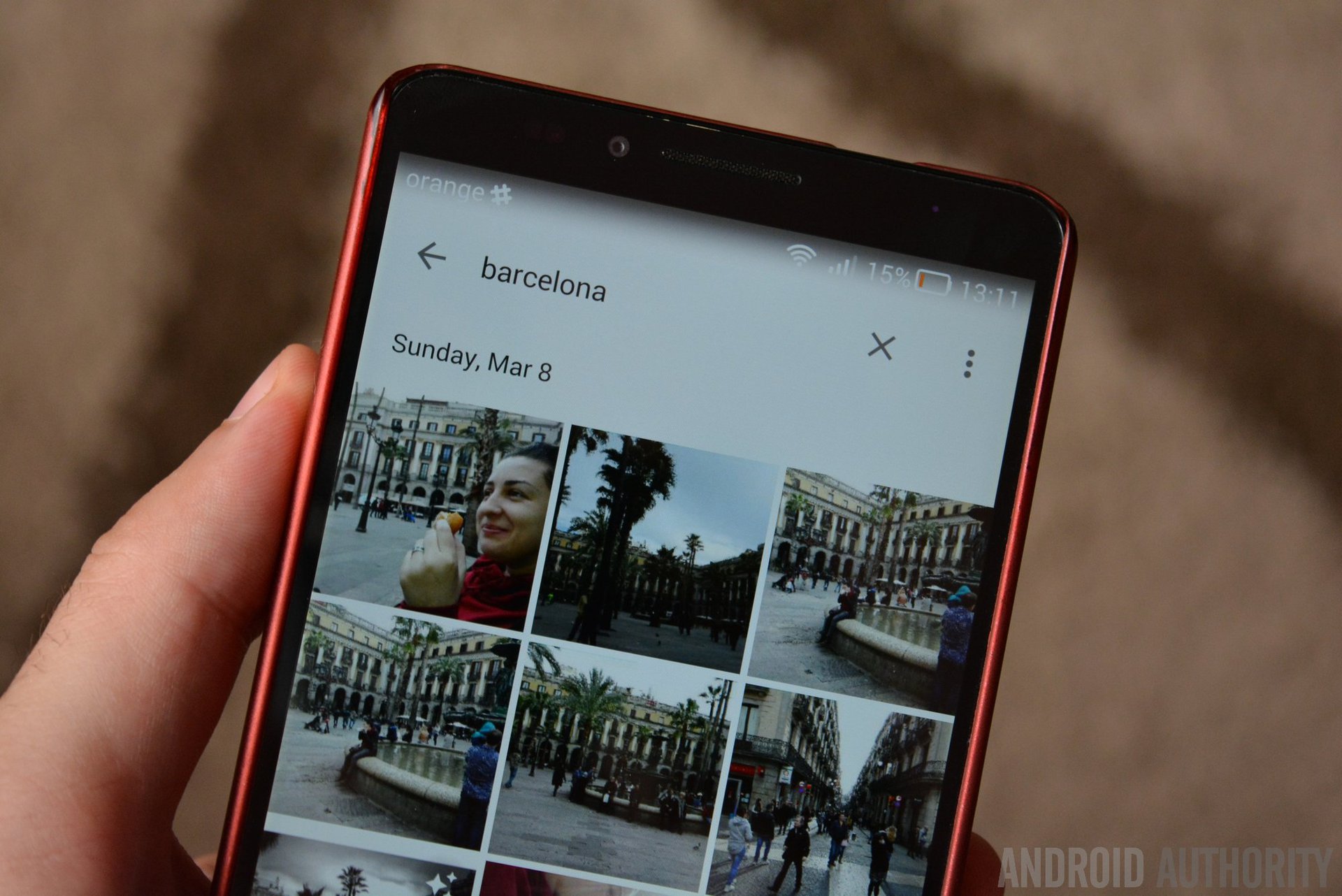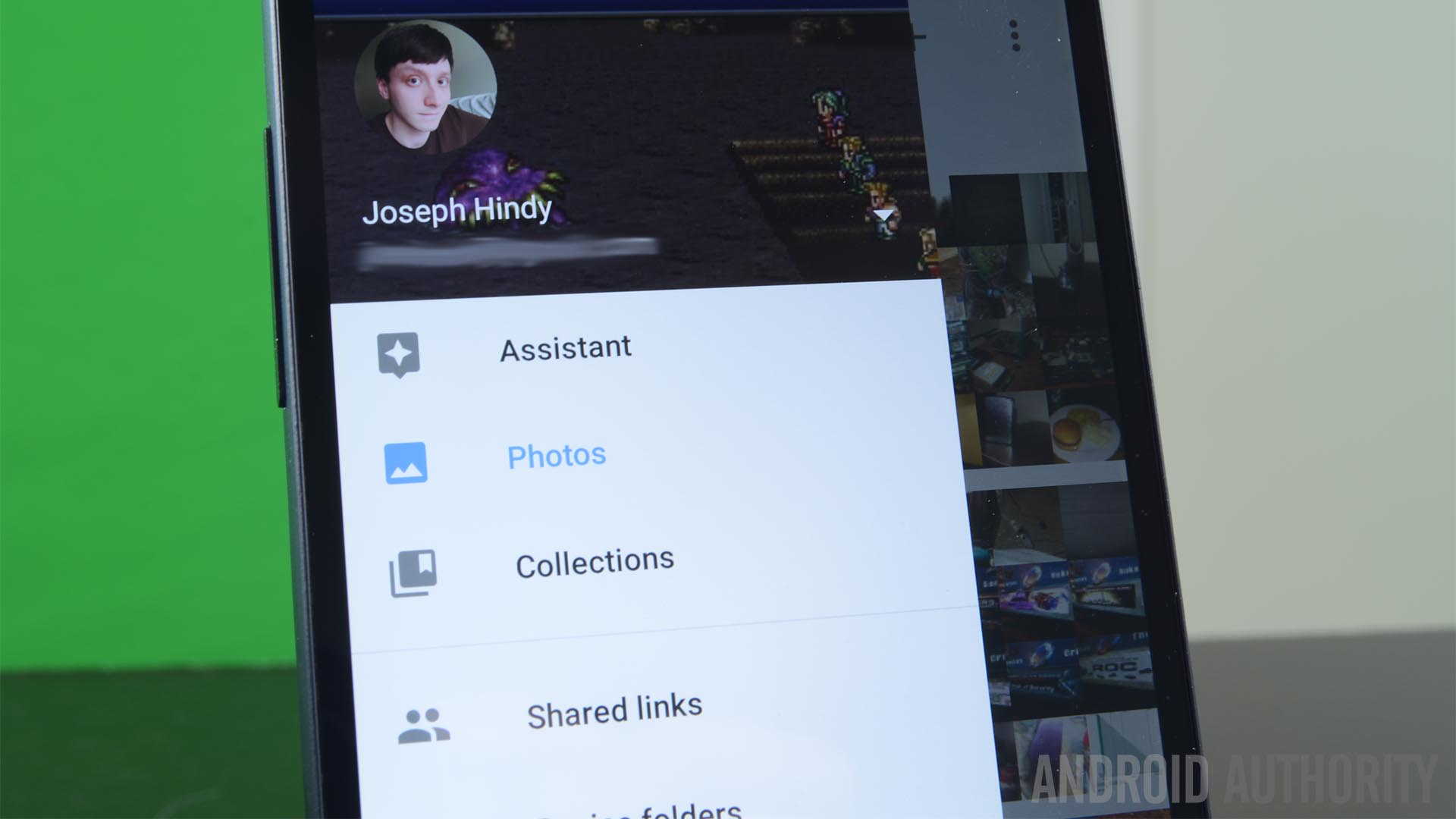Affiliate links on Android Authority may earn us a commission. Learn more.
Google Photos: Should you be worried about privacy?
June 16, 2015

There has been a fair bit of discussion about online privacy recently, specifically with regard to the new Google Photos service. It offers free, unlimited space to automatically back up all of your photos and videos online. There is no definitive answer to the question of whether you should be worried about your privacy if you decide to use the service. It all depends on how much you care about privacy in general, and how much you trust Google specifically.
Before we get into the privacy implications, let’s take a look at why you might want the service in the first place.
What is Google Photos?
We had an idea that Google might be breaking the photo component out of Google+, but there were a few surprises in store when Google Photos was offically unveilved at I/O this year. The service allows you to automatically upload all of your photos and videos to the cloud, for free and without a limit on storage, with a couple of limitations:
- Photos cannot be bigger than 16MP (they’ll be automatically down-scaled if they are)
- Videos must be 1080p resolution or lower
If you do want to store photos in their original, full quality, or you want to upload 4K video, then you can buy extra space at $2 per month for 100GB, and $10 per month for 1TB.
Google Photos is available as an app on Android or iOS, and you can access it through your browser. It provides you with a single location for all of your photos that’s accessible from all of your devices.
There are lots of services that are trying to solve the same problem, but Google Photos has some major advantages over the competition – it’s free, unlimited, and it’s really good at organizing your photos, making them searchable, and curating them. That means you can search by location, by date, by event, or using a variety of keywords. For example, type “beach” into the search box and you’ll see all your photos with a beach in them.

The Photos Assistant also creates wee highlight videos and gifs for you to share, taking the pain out of editing things together yourself. This isn’t a new idea, but, as with so many things, Google is a little better at doing it than most of the competition.
You are the product
We’ve all heard the idea that if you’re not paying, you’re the product, not the customer. Google makes the lion’s share of its income from advertising. It collects data and analyzes it in all sorts of interesting ways, but the main aim is usually to better target ads at you.
[related_videos align=”right” type=”custom” videos=”565359,612610″]
It wasn’t a huge surprise to find Apple’s Tim Cook speaking out against the new service, “We believe the customer should be in control of their own information. You might like these so-called free services, but we don’t think they’re worth having your email, your search history and now even your family photos data mined and sold off for god knows what advertising purpose. And we think some day, customers will see this for what it is.”
Hypocrisy aside, does he have a point?
A product like Google Photos, falls under Google Terms of Service. That means that when you upload your photos you are giving the tech giant license to “host, store, reproduce, modify, create derivative works, communicate, publish, publicly perform, publicly display and distribute” those photos.
That’s classic legalese, and Google spokespeople have already stated that they won’t use your photos for commercial or promotional purposes without obtaining explicit permission. They’ve also said that there are no plans afoot to monetize this service. But those reassurances don’t rule out such a move in the future, or give you any real legal protection.

What’s the risk?
You may wonder what the fuss is about anyway. So what if Google scans your photos to find out that you like to wear Nike trainers, and then uses that information to target a Nike ad at you? Photos actually has the potential to enhance Google Now considerably. The more Google learns about you, the more accurate and helpful its predictions or suggestions will be. Where’s the harm?
The risks here reach beyond a simple point of principle about personal privacy, though that will be reason enough for some people to avoid the service. Information can leak, or be stolen. Companies can share data behind our backs. Government agencies can snoop. Google can decide to leverage legal rights you’ve effectively already given it at any time. That doesn’t mean to say that it will ever happen, but you can’t rule it out.
Realistically, it comes down to trust. Do you trust Google?
The question is, do you trust Google?
If you were already using the backup service in Google+ for photos on Android, then Photos is nothing new. If you’re happy to use Google Maps, Gmail, Google Now, and all the other services that Google offers for free, then you’re already putting your trust in the company. It is already collecting data about you and using it in ways that you may not understand. It’s worth doing Google’s Privacy Checkup to find out more.
You could argue that it doesn’t matter anyway, because everyone else is doing the same thing, and that’s hard to disagree with. If you browse online without protection, then you are being tracked. If you communicate online without encryption, then your messages aren’t really private. If you use Facebook and Twitter, you are giving away lots of information about yourself and you don’t know for sure how it will be used.
At the end of the day, many of us will see the convenience and quality of a service like Google Photos as a fair trade-off for giving up tighter control over our privacy.
What about you? Will you be using Google Photos? Why or why not?